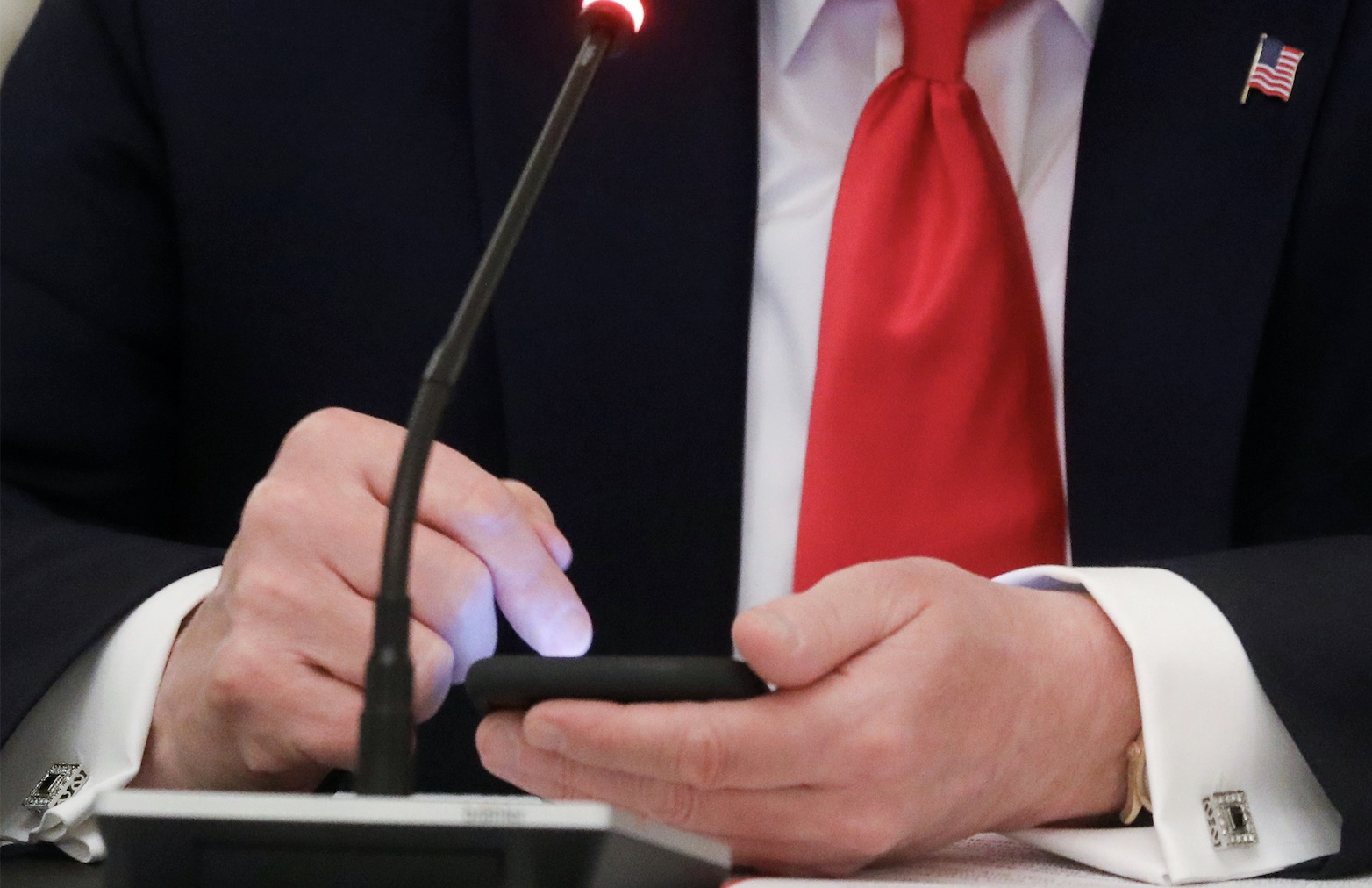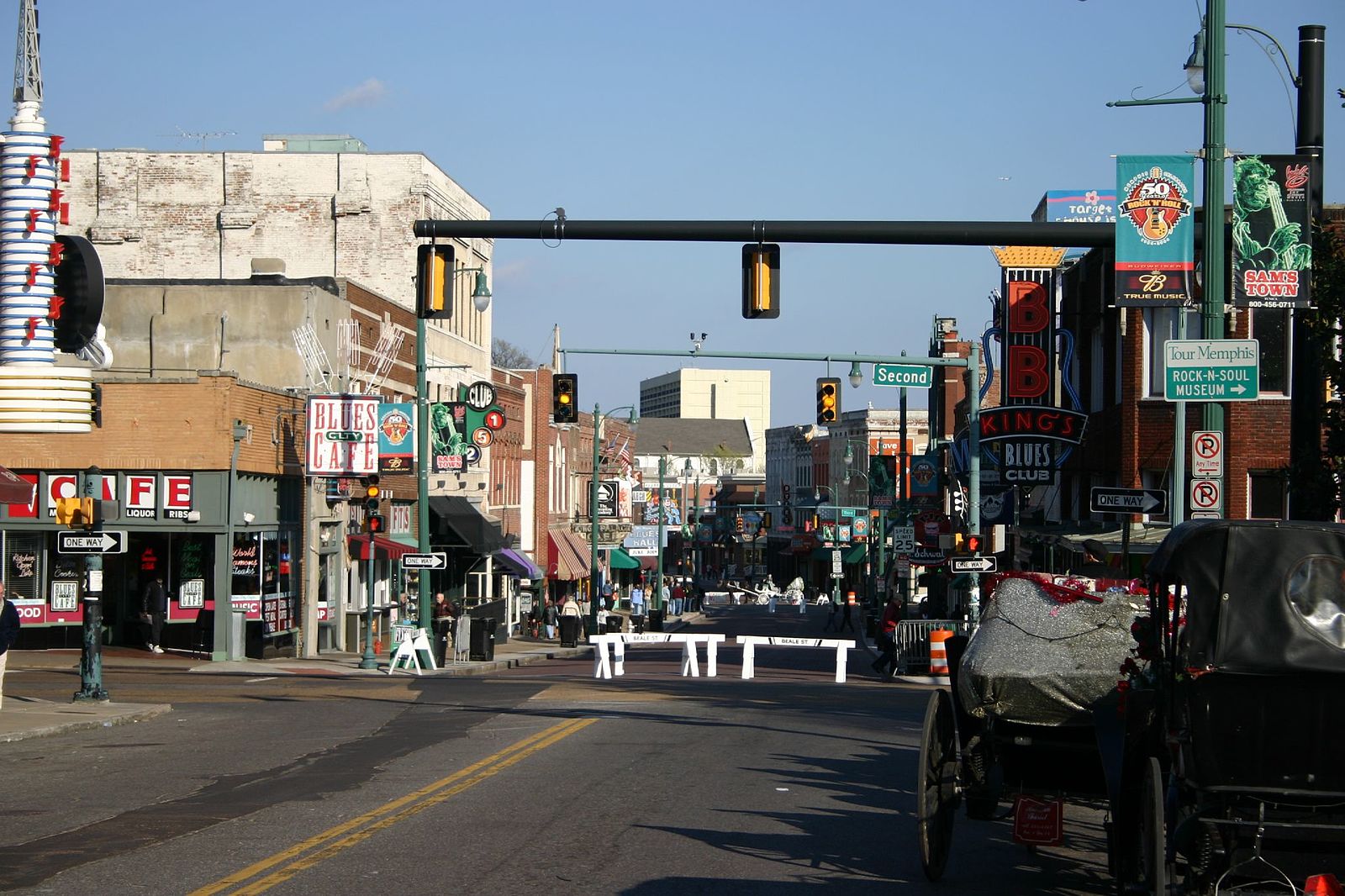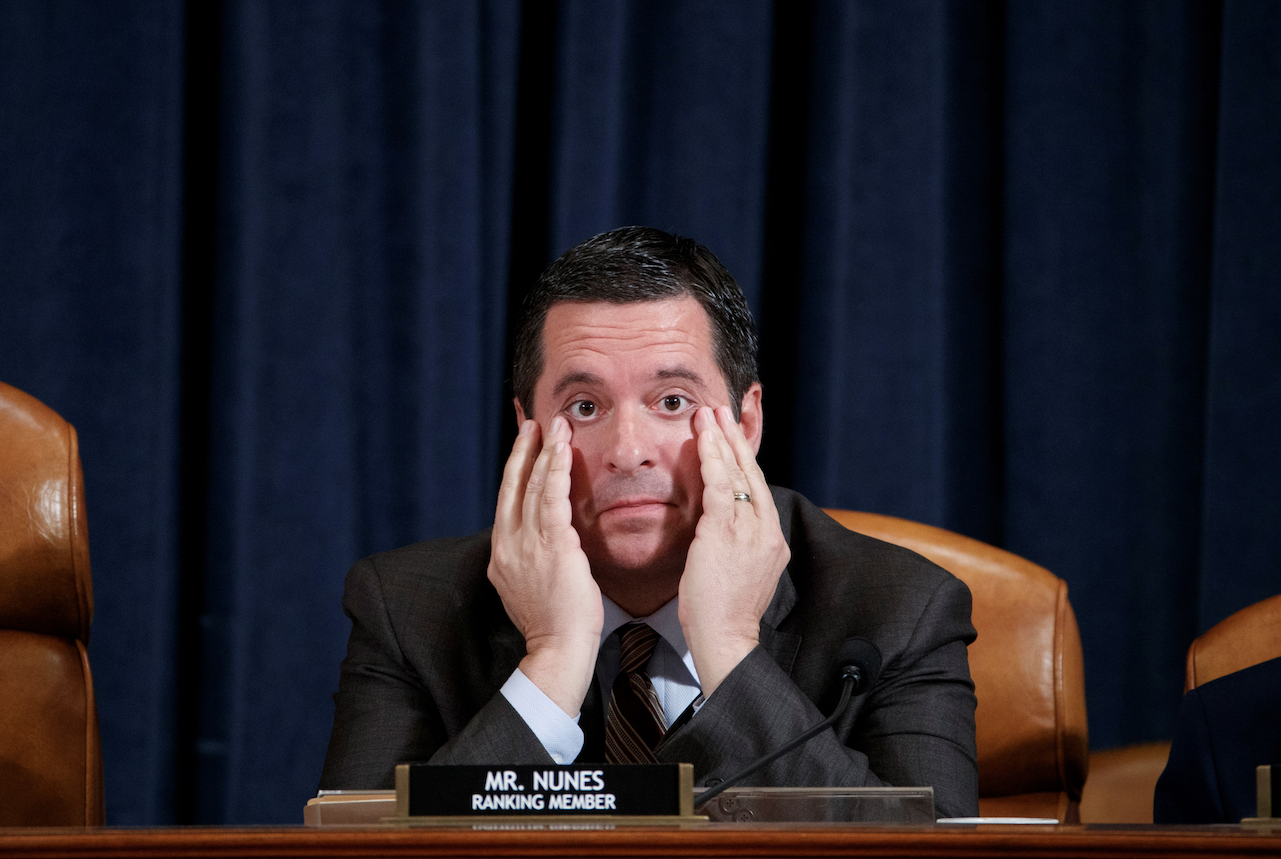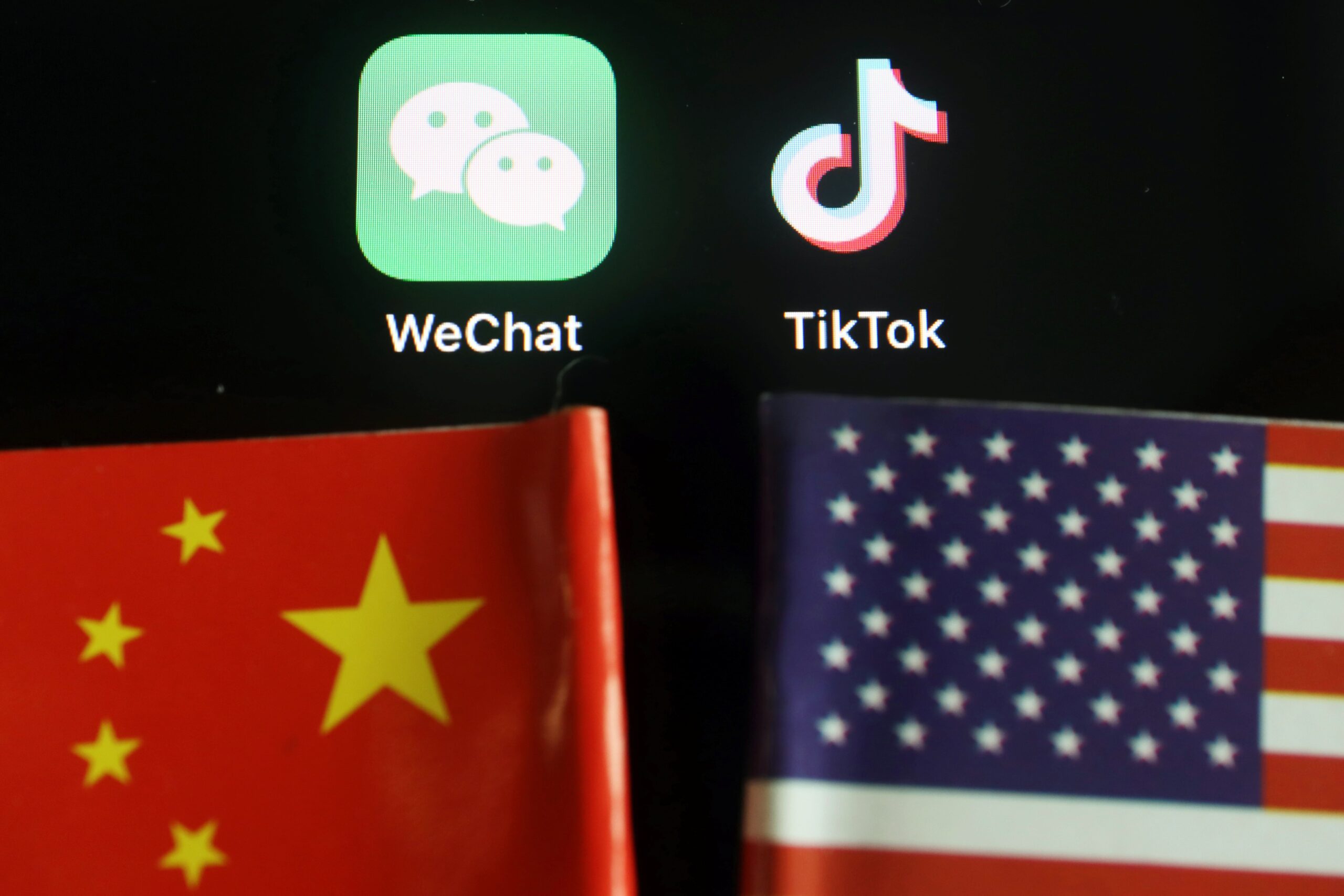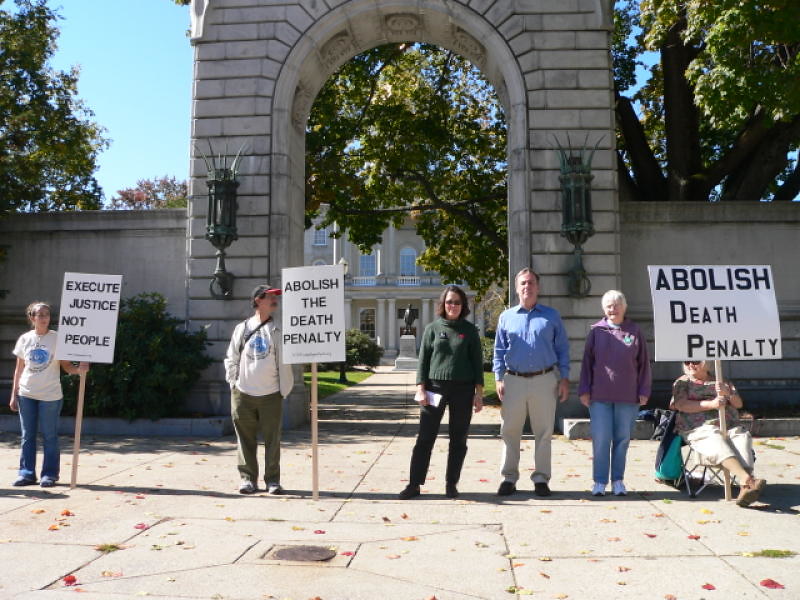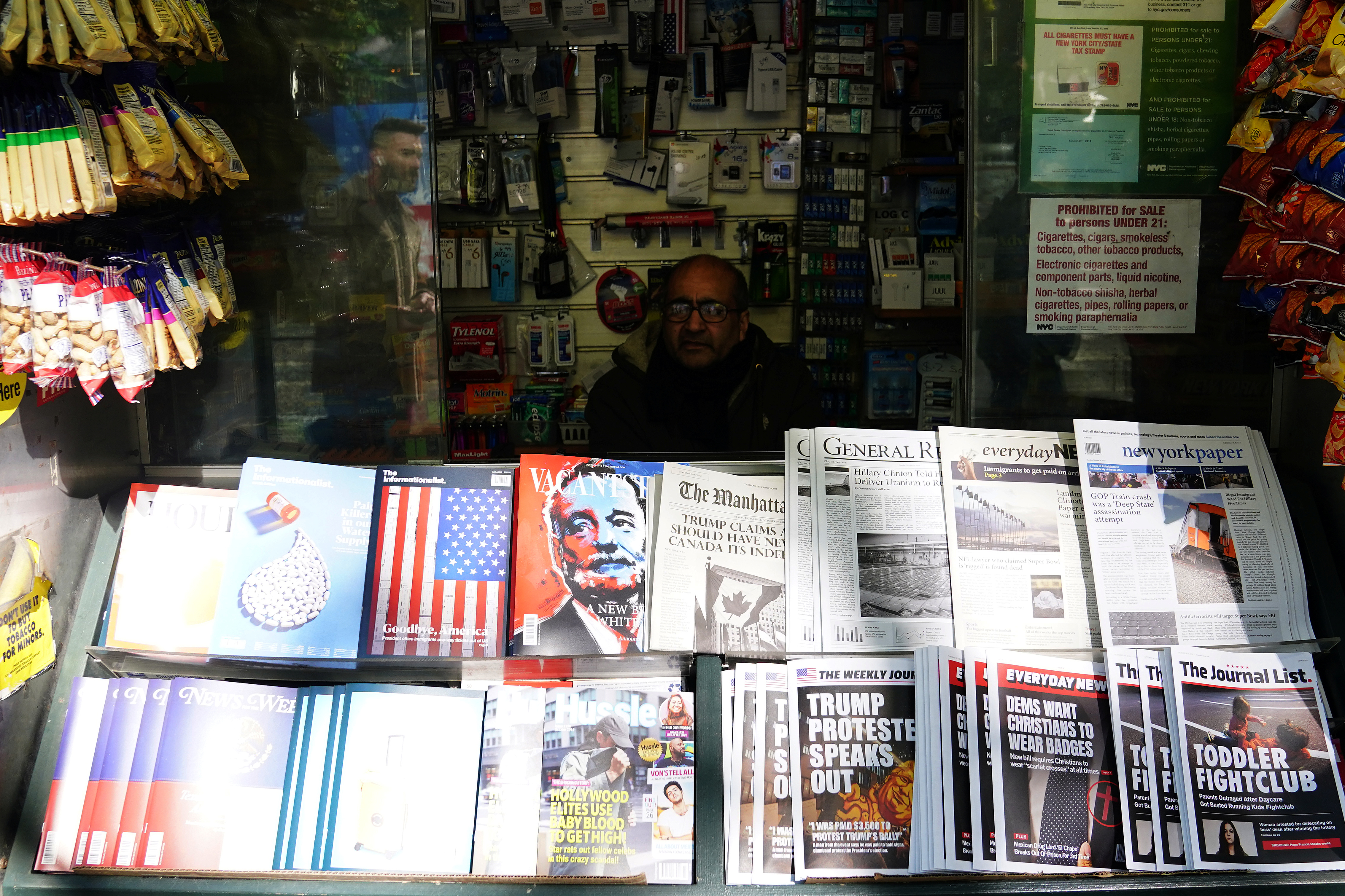Government Petitions Supreme Court to Review Knight v. Trump Decision on Twitter Blocking
As in previous cases, the president's lawyers insist that the president's personal account is private and he should be allowed to exclude critics freely. They also emphasized that the act of blocking was not a kind of state action because it did not involve government power.
North Carolina Supreme Court Upholds Defamation Ruling Against Investigative Reporter
In reviewing the case, the North Carolina Supreme Court found that the reporter had omitted important information and mispresented quotes from sources. This, along with other evidence, led the court to conclude that article's false statements had not resulted from "mere negligence" but from a "purposeful avoidance of the truth."
Tennessee Governor Signs Bill That Raises Penalties For Protestors Who Break the Law
Protesters in Tennessee charged with rioting, assaulting a police officer, or vandalizing state property will now face greater fines and longer prison sentences, following a new bill signed into law on August 18th by Governor Bill Lee.
Fighting words refer to direct, face-to-face, personal insults that would likely lead the recipient to respond with violence. The U.S. Supreme Court developed the fighting-words doctrine in Chaplinsky v. New […]
Federal Judge Dismisses Devin Nunes Against Ryan Lizza and Esquire Magazine
In his 48-page opinion, District Judge C.J. Williams ruled that none of the 11 allegedly defamatory statements were grounds for defamation. Some, such as Lizza’s claims that Nunes and his family were keeping a “secret,” Williams dismissed because they were too ambiguous to be actionable.
Trump Signs Executive Order Essentially Banning U.S. Companies from Working with TikTok
The order prohibits American companies from doing business with TikTok’s parent company, ByteDance, a move experts say would eventually prevent Americans from using the app. Both the American Civil Liberties Union and the Knight First Amendment Institute at Columbia University warned the White House’s efforts to cut ties with Chinese social media companies violate the First Amendment rights of U.S. users.
ACLU Sues Indiana State Police For Restrictions on Anti-Death Penalty Protests
Anti-death penalty protesters want to stand vigil during executions outside the prison entrance but have been blocked by police since early July. The ACLU lawsuit says the 1.6-mile no-protest zone around the federal prison does not serve a significant government interest and should be struck down.
2020 Knight/Gallup Poll Shows Majority of Americans Worry About Political Bias in News
While the majority of Americans believe the press is important to maintain a free society, many are pessimistic about the media’s ability to publish objective news stories. Released on August 4, 2020, the report is based on the responses of 20,000 U.S. adults collected between November 2019–February 2020, before the coronavirus pandemic hit and the resurgence of the Black Lives Matter movement.
